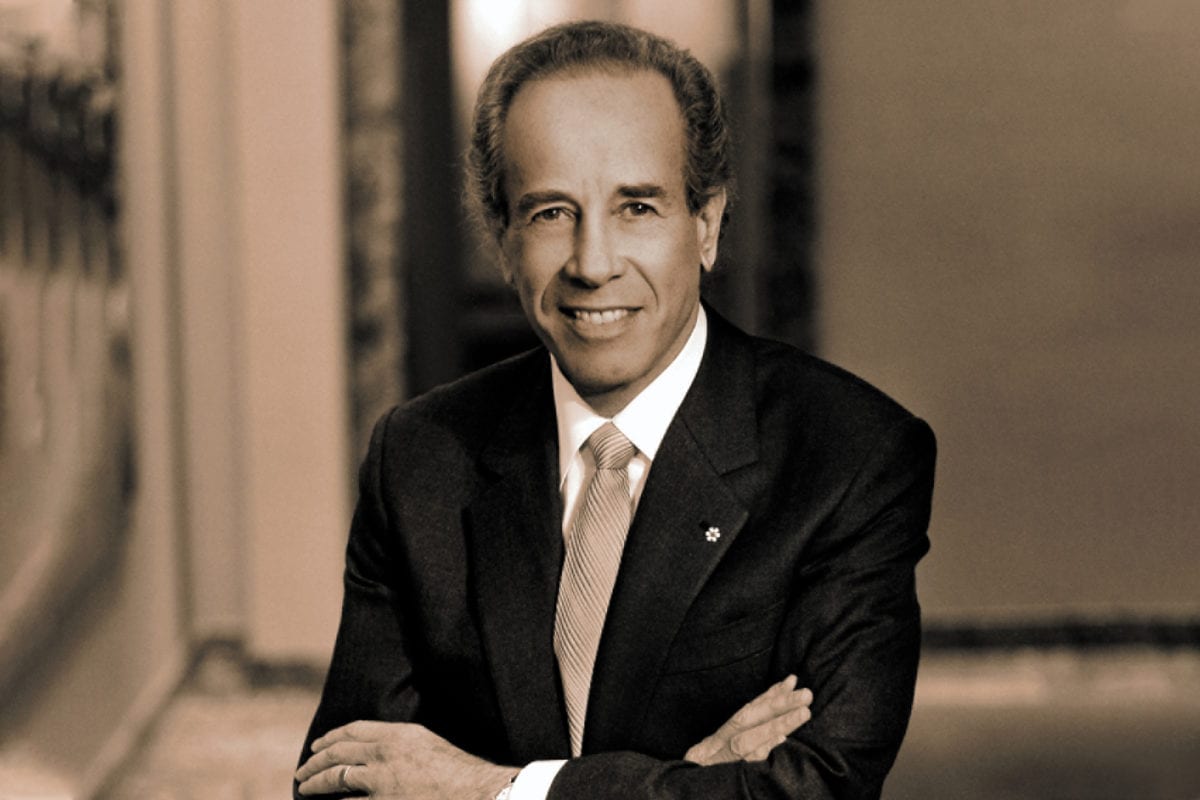Back in the early 1980s, Time magazine ran an article about how (then) newly-launched MTV was changing the entertainment landscape. The article began with a discussion overheard between two kids on a New York City subway, one kid asked the other “Have you seen the new Michael Jackson song?” It spoke to a paradigm shift that was, at the time, felt across all media.
Survival of the Technological Fittest
Video may well have killed the radio star, but MTV was merely the beginning of how the technological wave was engulfing entertainment. The entertainment evolution continued – CDs replaced vinyl, VHS replaced Beta, which was replaced by laserdiscs, which were then replaced by DVDs, which were in turn replaced by Blu-Rays, etc. – through to today, when physical media is widely seen as obsolescent. It’s nothing new, really; further back, colour replaced black-and-white TV, and films with sound (“talkies”) replaced silent movies decades before digital effects and CGI became the norm… and don’t even ask about 8-tracks.
Suffice to say, the way we consume entertainment changes all the time, and it will continue to change as technology evolves. At this particular moment, streaming services for music, movies, and TV are one of the most common methods for people to enjoy entertainment. But even that will most likely change as the technological wave, which shows no signs of slowing down, continues to wash over us.
…and Chill
Like rapidly-moving glaciers changing the entertainment landscape, streaming services have created a world where the results of creativity (in all forms) are merely a finger-tap or voice command away – for better or for worse.
Even Netflix, for all its power over the entertainment industry, has gone through dramatic changes since its inception in 1997. Created as a DVD rental service through snail mail (then, simply called “mail”), Netflix has grown to become one of the most powerful players in the movie and TV business. No longer simply a repository for theatrically-released or lower-budget films and old TV shows, Netflix grew from an archive of catalogue titles to a giant in its own right. David had suddenly become Goliath.
For services like Netflix and its rivals like Hulu and Amazon Prime, there’s been a marked shift away from the licensing of existing movies and television series to the creation of original content. From Amazon’s planned billion-dollar Lord of the Rings series to Netflix’s own hit shows like House of Cards and Stranger Things, the streaming giants are now spending as much – or even more – than traditional movie and TV production companies. YouTube has its own premium paid service, YouTube Red, and Apple has also been ramping up production for its own series, signing talent like Jennifer Aniston, Reese Witherspoon, and The Office alum Steve Carell for one show and greenlighting an ambitious, big-budget adaptation of legendary sci-fi author Isaac Asimov’s Foundation novels.
The number of streaming services continues to grow as the collection of content deepens and the technologies capable of distributing it evolve. Disney is planning to launch its own streaming service in 2019 that, with a stable of intellectual property that includes its own classic animated films as well as the Star Wars and Marvel franchises, has the potential to be the most powerful one yet.
The key word: yet.
The Big One
The very bedrock of the entertainment is shifting. Cable TV viewership is eroding every day; network TV feels as if it’s going the way of the dodo; countless movie studios are in sink-or-swim mode as they grapple with the emerging realities of a changing media world. Whether streaming services like Netflix, Amazon Prime, and Spotify will become the new normal or just the latest steps in the process remains to be seen.
Once thought to be solid and unshakable, the tectonic plates of the entertainment industry are undergoing drastic shifts of a streaming evolution that will forever change the way we watch movies and TV. What we’ve seen so far is likely just the tip of the iceberg.
Peter Campbell | Contributing Writer















